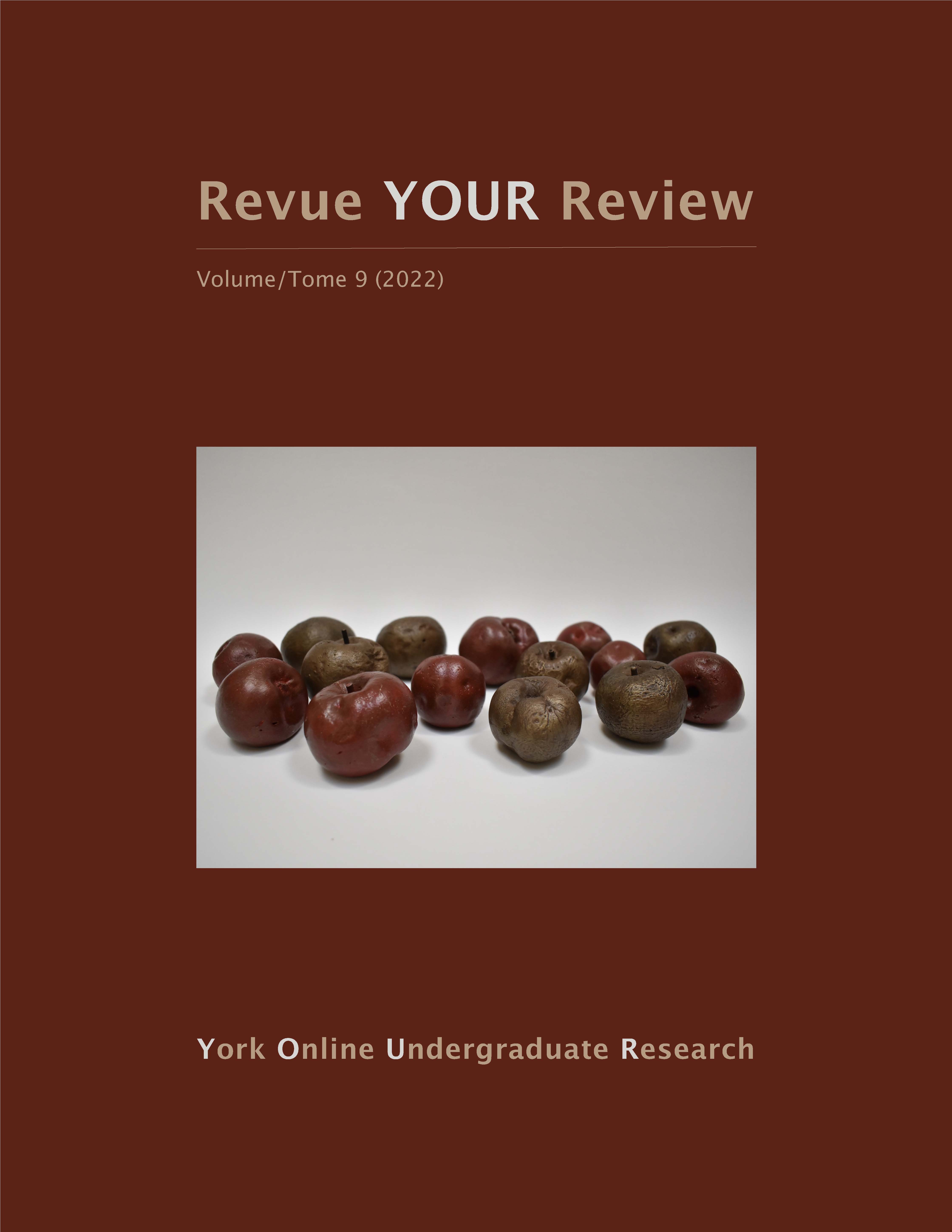Impact of Socioeconomic Status (SES) and Bilingualism on French Language Development in Early French Immersion
Abstract
As part of a larger longitudinal study evaluating the impact of Early French Immersion on English and French language and cognitive development, a group of children were recruited in 2017 and tested annually while progressing through grades one, two, and three. The current thesis tracked the French language proficiency and development of these students who attended public and Catholic schools across Toronto. Considering the increasing diversity of students enrolled in Early French Immersion, the purpose of this study was to investigate the effects of home language experience and parental education on language learning abilities. Narrowing the focus to French language tasks administered, data was analyzed for performance on semantic and phonological verbal fluency, sentence-to-picture matching, and standardized vocabulary tests over the three years. Background measures assessed intelligence, English vocabulary, and included a questionnaire filled out by parents providing information relevant to demographics as well as details on the child’s language and social background. Based on parents’ responses to the questionnaire, children were assigned to (a) monolingual or bilingual groups and (b) middle socioeconomic status (SES) or high SES groups. Following the categorical designations of these variables, the results showed effects of bilingualism and SES on different aspects of children’s developing French language proficiency. The findings suggest that there is no harm in enrolling children of diverse language backgrounds in the program, however future research could explore educational supports to optimize student success in the program across SES groups.
Downloads
Published
How to Cite
Issue
Section
License

This work is licensed under a Creative Commons Attribution-NoDerivatives 4.0 International License.
Authors contributing to Revue YOUR Review agree to release their articles under one of three Creative Commons licenses: Creative Commons Attribution 4.0 International; Creative Commons Attribution-NonCommercial 4.0 International; or Creative Commons Attribution-NoDerivatives 4.0 International. All editorial content, posters, and abstracts on this site are licensed under Creative Commons Attribution-NoDerivatives 4.0 International. For further information about each license, see:
https://creativecommons.org/licenses/
In all cases, authors retain copyright of their work and grant the e-journal right of first publication. Authors are able to enter into other contractual arrangements for the non-exclusive distribution of the e-journal's published version of the article (e.g., post it to an institutional repository or publish it in a book or in another journal), with an acknowledgement of its initial publication in this e-journal.


